Ananda K. Coomaraswamy’s Spiritual Authority and Temporal Power in the Indian Theory of Government traces the source of Indian Political theory to the words of the marriage formula: "I am that, thou art This, I am sky, thou art Earth." Long ago mankind discovered that institution of state, or something similar to it, alone would ensure their survival. They entrusted their material and spiritual welfare to the king and the priest, the two principal organs of the state. But neither the king nor the priest rose to the expected heights. Of the two, the king proved worse. He, instead of devoting his time and energy for the promotion of their welfare, vigorously pursued "lechery, lechery: still wars and lechery." He forgot that he was bound by duty to protect them from internal revolt and external attack. His actions seldom conformed to the prevailing modes of conduct; his edicts were more for his good and less for his subjects’; he failed to realize that "Peace hath her victories, no less renowned than war." Thus he became at once their hope and despair. Every age witnessed eminent thinkers applying their minds in vain to seek a remedy for this disease. Such was the disgust of Plato that he declared that no solution would emerge "till philosophers become kings in this world." The sages of ancient India solved this enigma by urging a conjunction of the king with the priest, as out of this union would emerge a government based on Dharma which would result in the happiness of the subjects. In this book, the author, with his customary lucidity of language, penetrating insight and thorough scholarship, has thrown light on this problem which, inspite of the passage of time, continues to be relevant to this day.
Hinduism and Buddhism
$13.50
$15.00


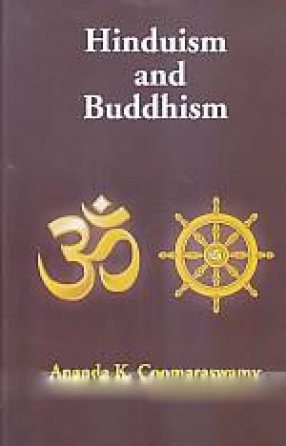
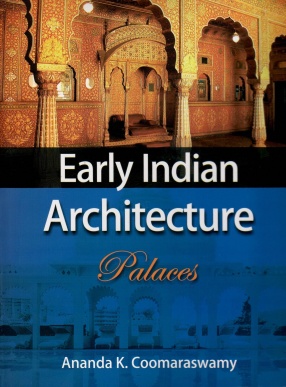
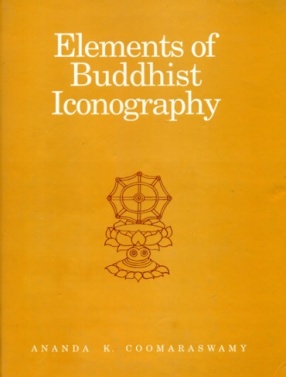
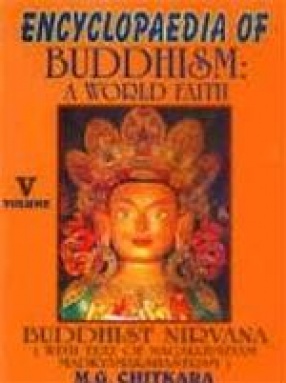
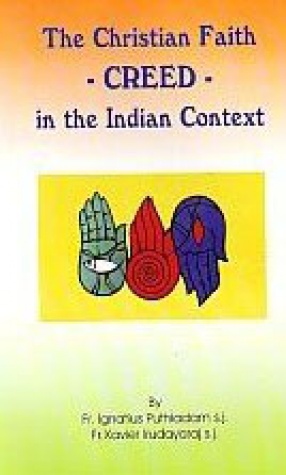
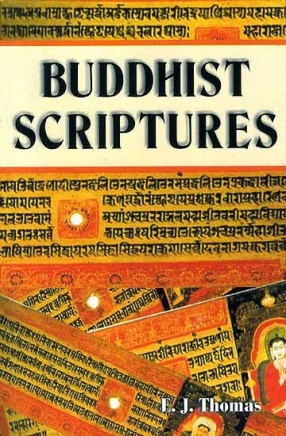
There are no reviews yet.